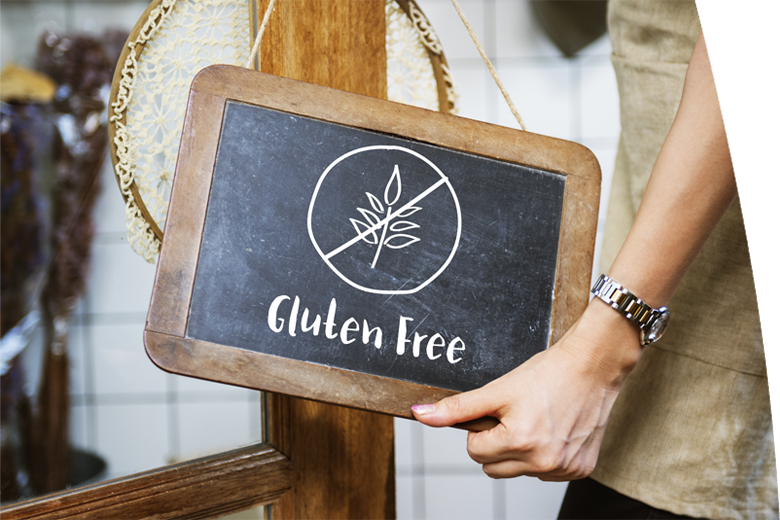Why Are Millennials Your Key Customers?
Millennials - they are the ones who are being fought over in the market today. In many segments, whether it be products or services, they are key customers and marketers are looking for tools to reach and persuade them.
How are new generations changing the HORECA segment?
Younger millennials (Generation Z) and older ones (Generation Y) like to try new trends, they particularly like international cuisine but can't get enough of local cuisine. They love culinary experiences that they can show off on social media. For example, according to a recent study, 52% of 21-32 year olds would prefer a food festival to a music festival, while 61% of 21-24 year olds would be more willing to pay for dinner in a good restaurant than a new pair of shoes.
What they are asking for in gastronomy today is personalisation and convenience.

Personalisation means that they like to customise their food, they are interested in the nutritional values of the food as well as the energy values, and they expect to find dishes on the menu that are adapted to different intolerances. If we were to compare this to the previous generation, can you imagine this generation asking about the amount of protein and carbohydrates in a gluten-free hamburger bun, hoping it used organic meat? In our country, unfortunately, few establishments still list these values and they are almost unavailable. But believe us, many customers would appreciate knowing how many calories they just ordered.
Convenience is the other issue that sets trends in gastronomy. People have always been comfortable. However, newer generations are consumers who eat out frequently and prefer prepared meals. They either take them from a restaurant or from the grocery store. Abroad, they are even starting to design houses without kitchens. In fact, as many as 55% of millennials say convenience is one of the most important factors in deciding what food they buy and where they buy it. Mobile apps, delivery and take away have been experiencing their boom for quite some time. We should remember that this is a generation that lives with its finger on the screen of its smartphone.
Generation Z is spontaneous. According to one study, only 5% plan meals in advance and 48% try at least one new restaurant a month. They eat smaller portions, like to snack, and snack multiple times a day. In addition to the frequency of eating, the way they snack is also different. Whereas in the past they were more likely to seek out treats (e.g. a candy bar or bag of chips), millennials now reach for energy and nutrition. You should definitely include cheese or cheese plates in your menu, as around 60% of millennials consider cheese to be the ideal snack. A survey by Progressive Grocer reported that 46% of respondents consider protein to be one of their most important attributes.

Another interesting trend being introduced by some companies is a free meal service for employees to choose from a personalised menu via an in-house system. In addition, they communicate the origin of the diet and the nutritional values. Such a catering system is at least worth considering.
Don't forget to subscribe to our newsletter to get more tips and advice from different areas of the business environment.



